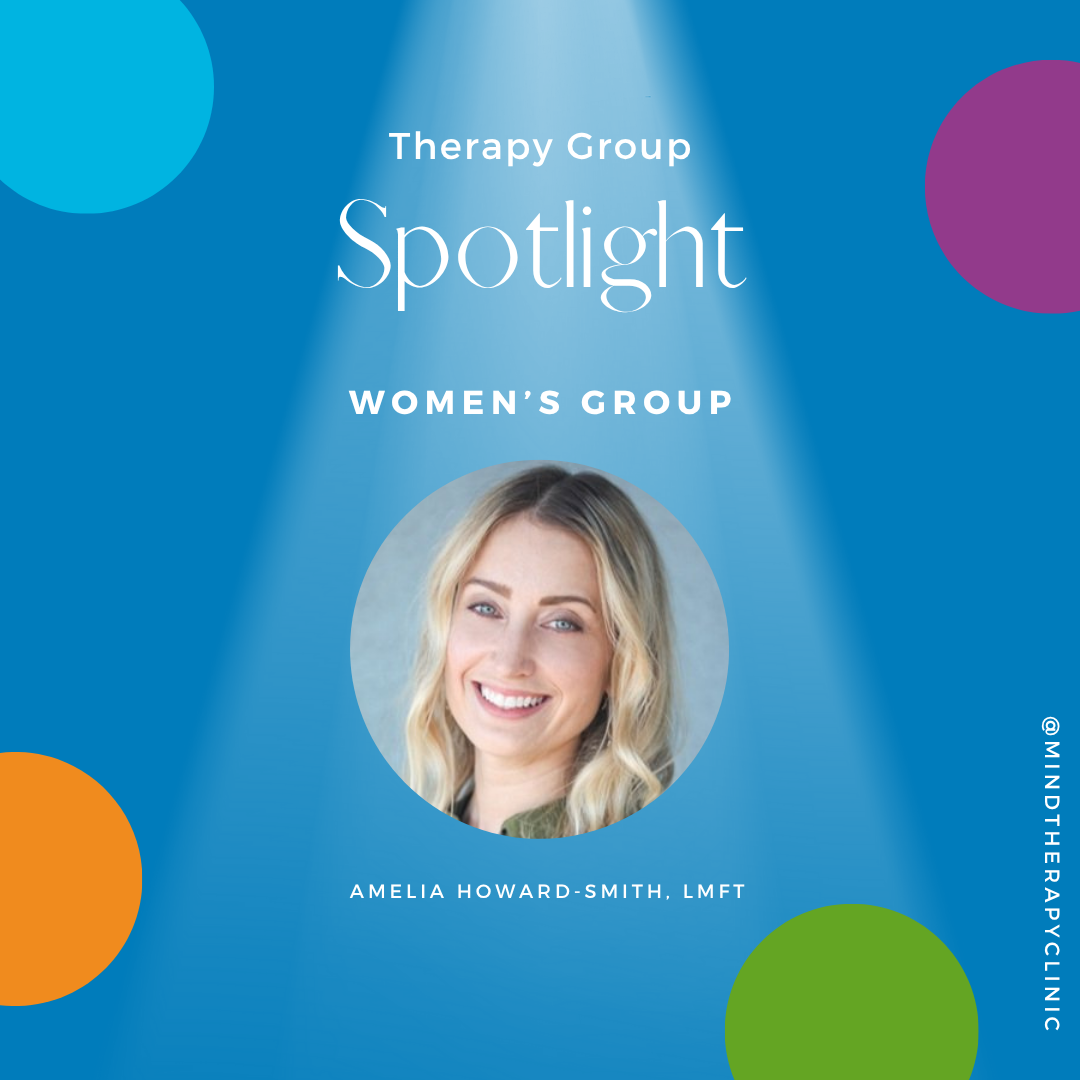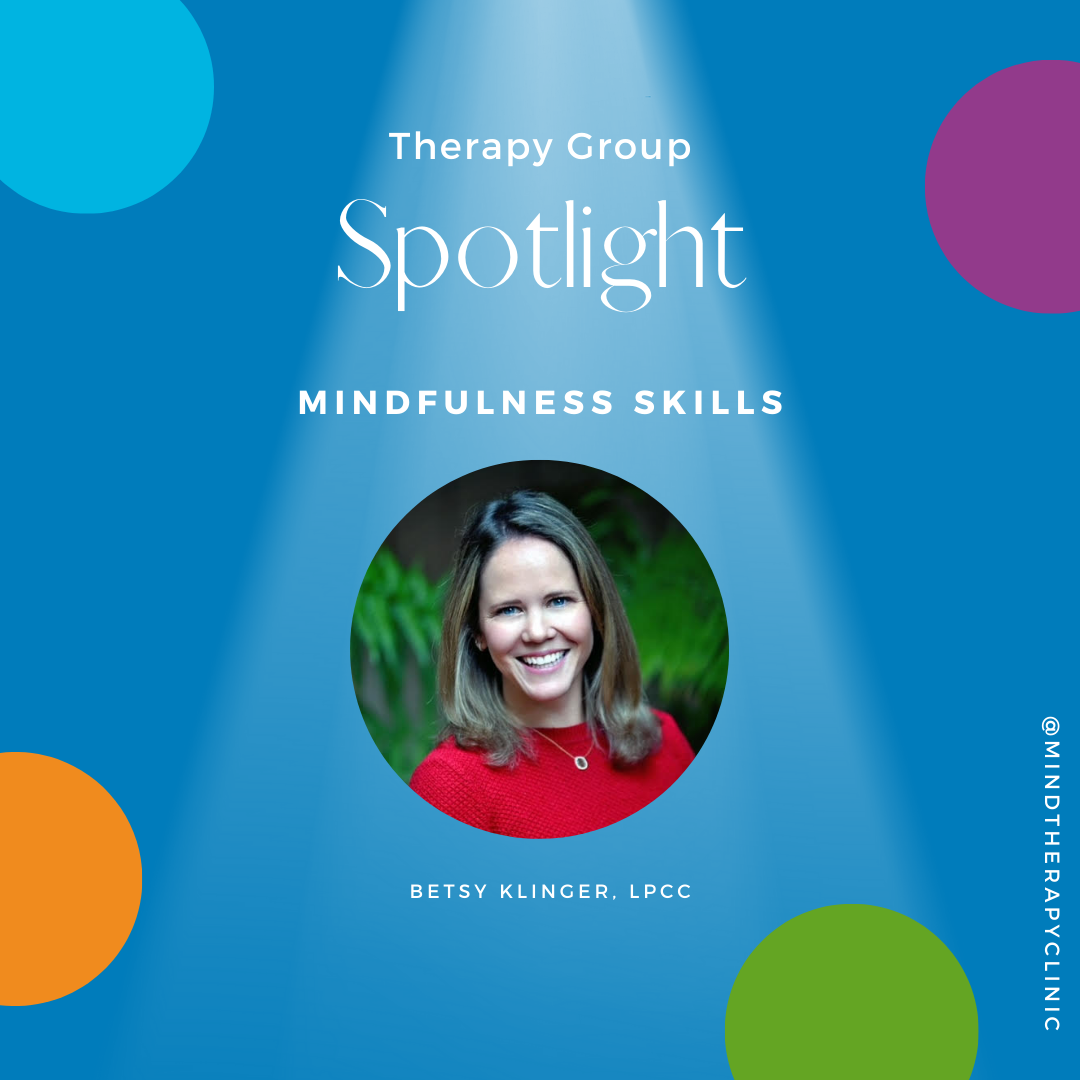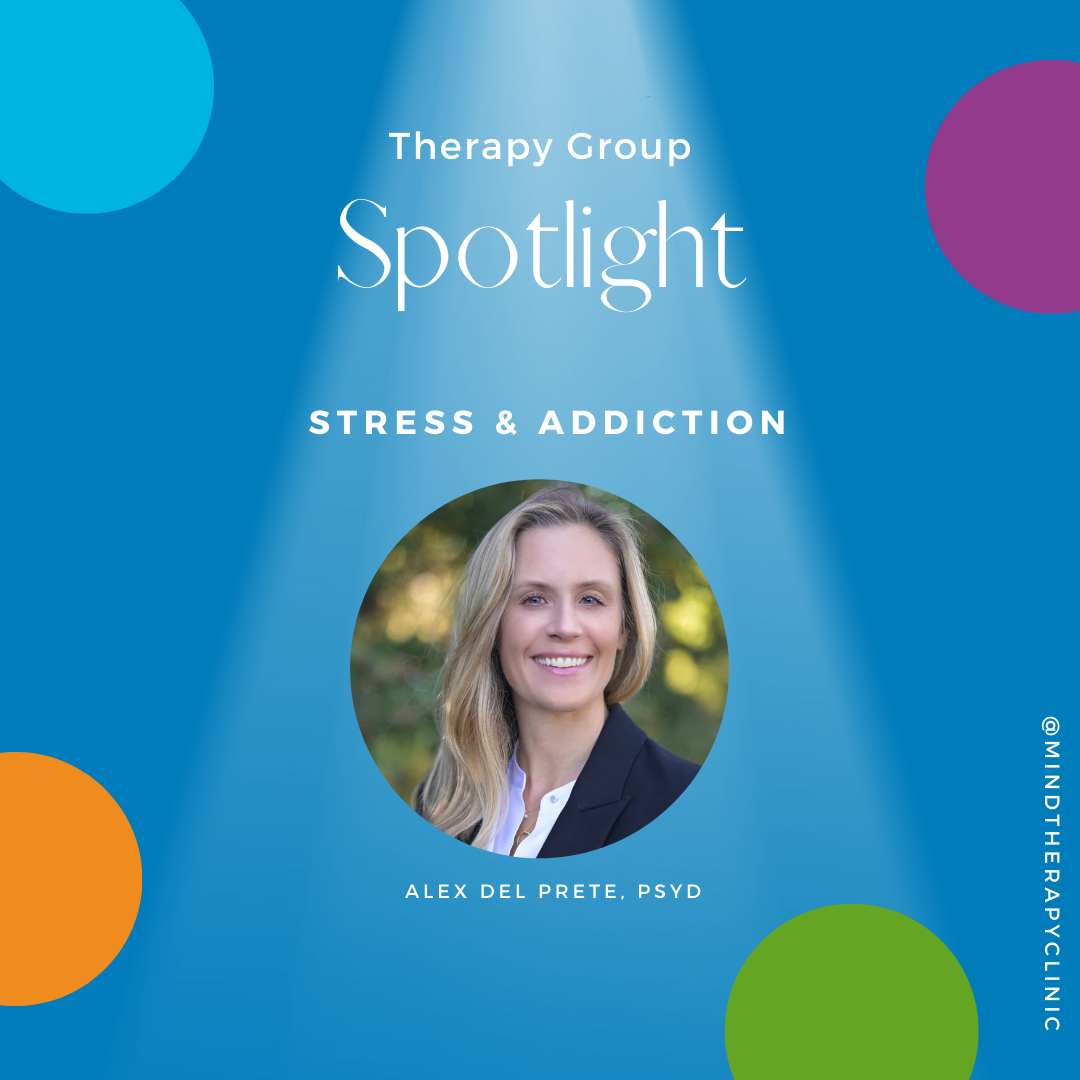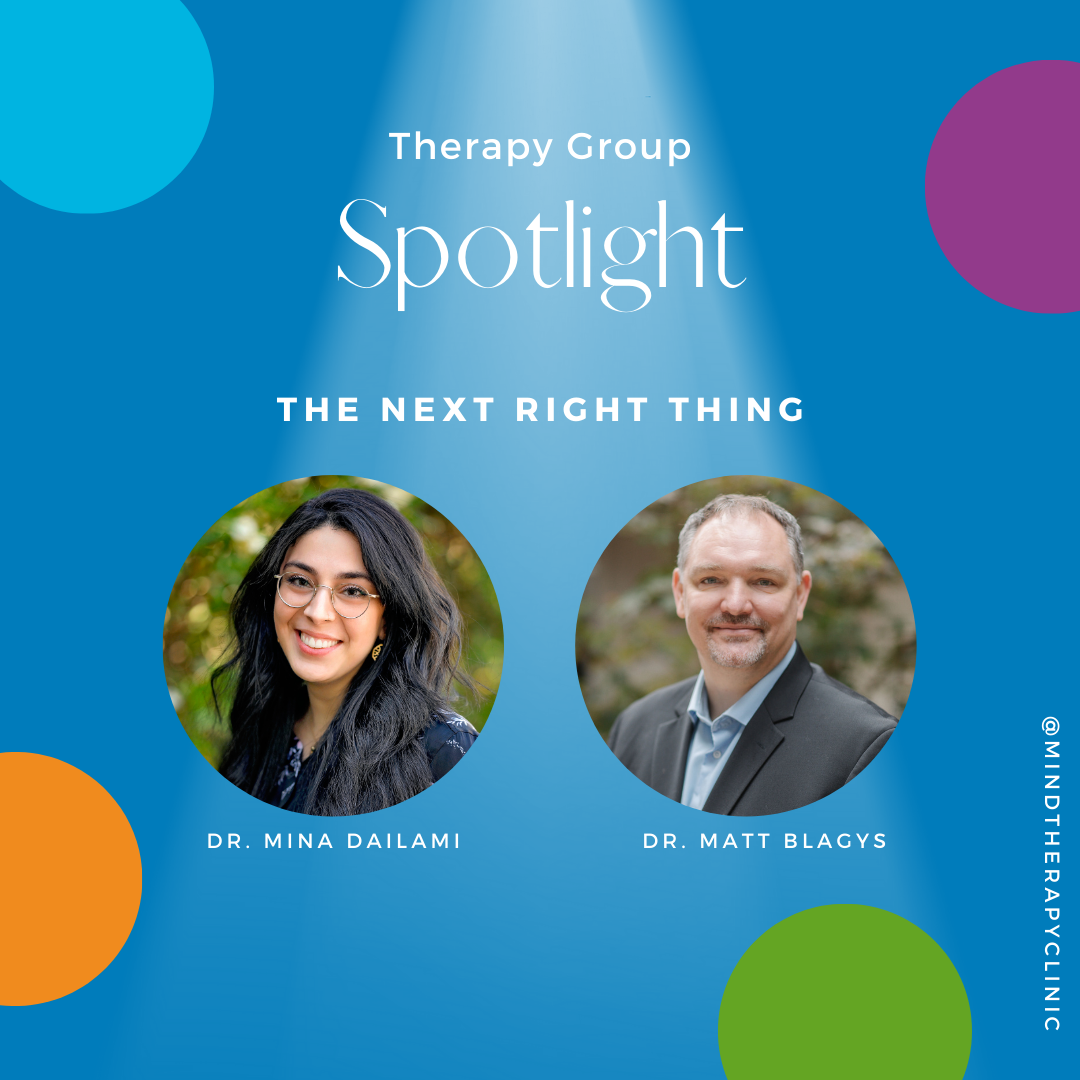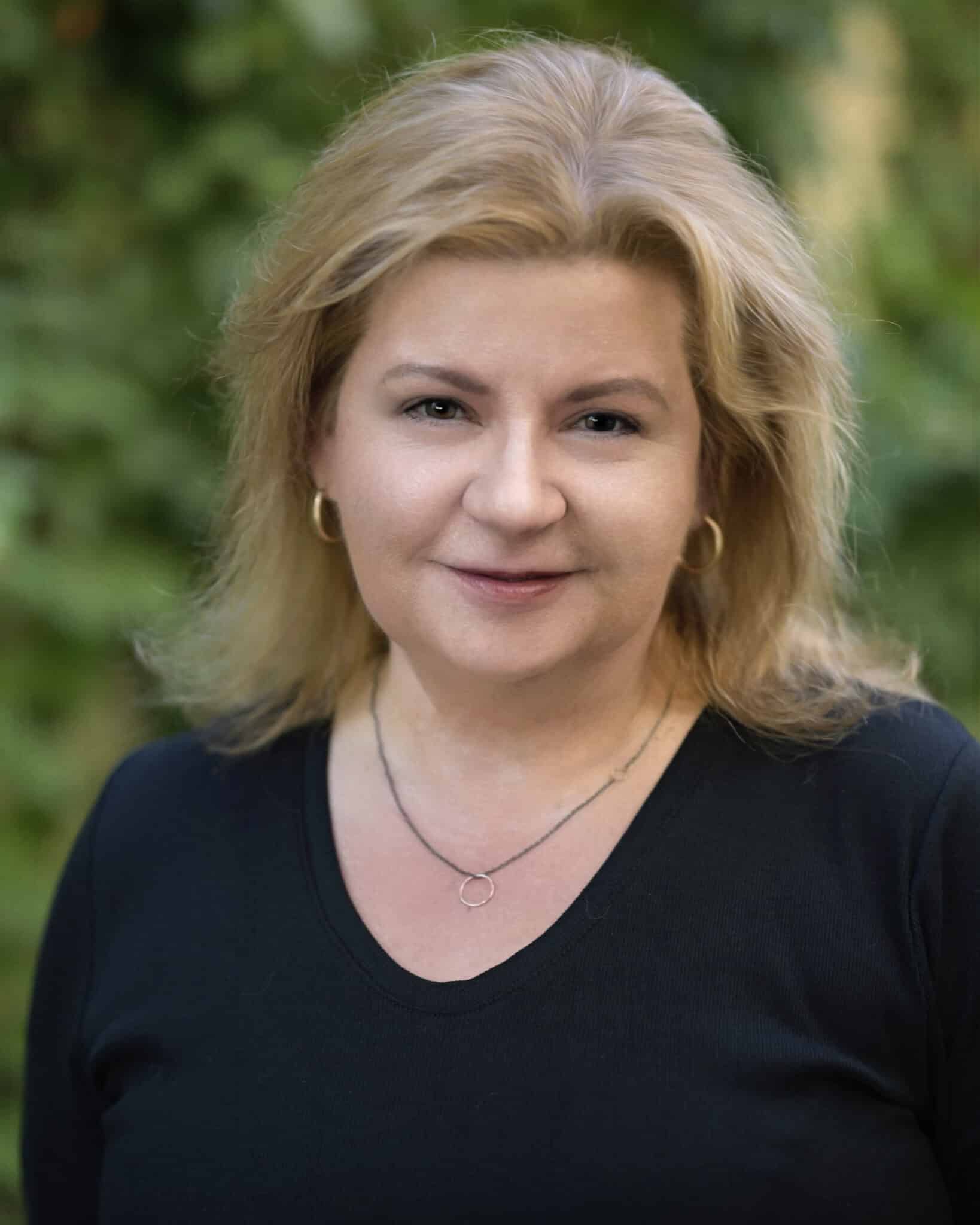How likely would you be to grab a tool that could help you reduce your negative self-talk and the potential of relapse into addictive behaviors? Emotions & Compulsions Group could be just that. Studies continuously show that clients who attend sessions and practice Rational Emotive Behavior Therapy (REBT) can restructure their thoughts, significantly improving their commitment to abstain from addictive behaviors.
Our Emotions & Compulsions group is based on the therapeutic model of Rational Emotive Behavior Therapy (REBT), created by Albert Ellis in the 1950s, often referred to as the “grandparent” of Cognitive Behavior Therapy (CBT) and Acceptance and Commitment Therapy (ACT).
REBT is an action-based therapy designed to help individuals identify and change irrational beliefs fueling addictive behaviors. It effectively promotes healthier thought patterns and builds a robust framework for relapse prevention.
Overview of the Group
People who benefit from REBT include those with substance use disorders, behavioral addictions (e.g., gambling, compulsive shopping, internet porn, gaming), and co-occurring mental health issues such as anxiety or depression. REBT is suitable for individuals of all ages, providing a structured approach to managing thoughts and emotions, making it accessible for adolescents, adults, and older adults.
Each MTC group session includes a brief mindfulness exercise, a check-in about emotions, compulsions, and any REBT tools used in the past week, followed by a live demonstration or exercise to help clients apply REBT tools to their personal challenges.
Humor is integral to our groups. Albert Ellis emphasized identifying ourselves as “FHBs”—Fallible Human Beings—which encourages a lighter perspective on our challenges. REBT also has a spiritual dimension, highlighting self-acceptance, acceptance of others, and universal acceptance.
Facilitator Spotlight
Jacqueline Perlmutter is an addiction specialist, spiritual director, and certified ecotherapist specializing in holistic, integrated care. Jacqueline brings extensive experience in evidence-based approaches, including:
- Rational Emotive Behavior Therapy (REBT)
- Cognitive Behavior Therapy (CBT)
- Acceptance and Commitment Therapy (ACT)
- Radical Self-Acceptance
- Motivational Interviewing
- Family systems therapy
- Ecopsychology
She has trained directly with Albert Ellis, PhD (founder of REBT), Dr. Debbie Joffe Ellis (REBT expert and Columbia University professor), and Tom Horvath, PhD (co-founder of SMART Recovery). Jacqueline is also a certified SMART Recovery facilitator.
As someone in long-term recovery herself, Jacqueline passionately believes in the potential for lasting change through community support, therapeutic skills, committed practice, and professional care.
Testimonial
Here’s what one of our past participants shared:
“REBT is relatively simple to grasp, and I had fun disputing what I came to see as my irrational thinking. I got sober at Mind Therapy Clinic and still use my REBT tools to stay sober.” – former Emotions & Compulsions group member
Key Takeaways
For many, REBT stops negative thought patterns that lead to addictive or compulsive behaviors.
Skills and insights participants may gain:
- Improved emotional regulation: Manage emotional responses by recognizing and altering irrational beliefs, fostering calmness in stressful situations.
- Enhanced coping skills: Learn practical strategies to handle daily stressors logically, reducing emotional overreactions.
- Rational thinking and effective problem-solving: Identify and counter cognitive distortions, approaching challenges with clarity.
- Reduced anxiety and depression symptoms: Address irrational beliefs driving anxiety and depression, significantly decreasing symptoms.
- Boosted self-acceptance and confidence: Adopt rational beliefs that encourage self-compassion, resilience, and empowerment.
- Increased humor and acceptance: Learn to embrace being a Fallible Human Being, promoting a lighter and more forgiving perspective on life.
Ready to Take the Next Step?
Join our Emotions & Compulsions group today and discover how REBT can help you build a healthier, more fulfilling life. Contact Mind Therapy Clinic to schedule your first session. Want to learn more about our approach to addiction treatment? Read more here!


